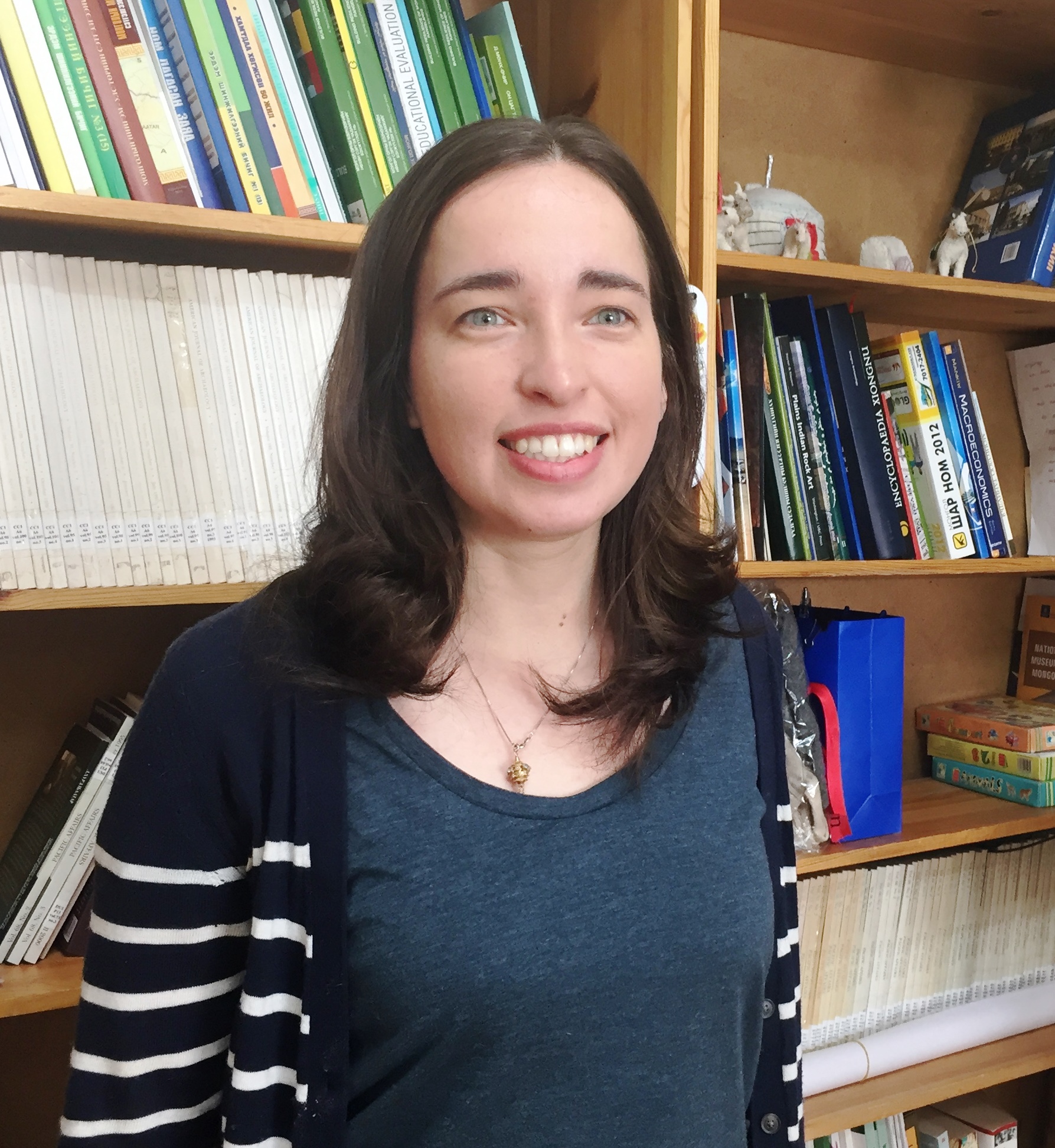
Speaker Series – The Bound Steppe: Notes on Enslavement in Qing Mongolia
This presentation will briefly examine several archival examples of enslavement to illustrate several important topics and challenges in the history of slavery in Mongolia: the phenomenon of slavery skepticism in Inner Asian history, the terminology of enslavement in early modern Mongolia, and the seeming disappearance of slavery as a formal practice in the nineteenth century. […]







